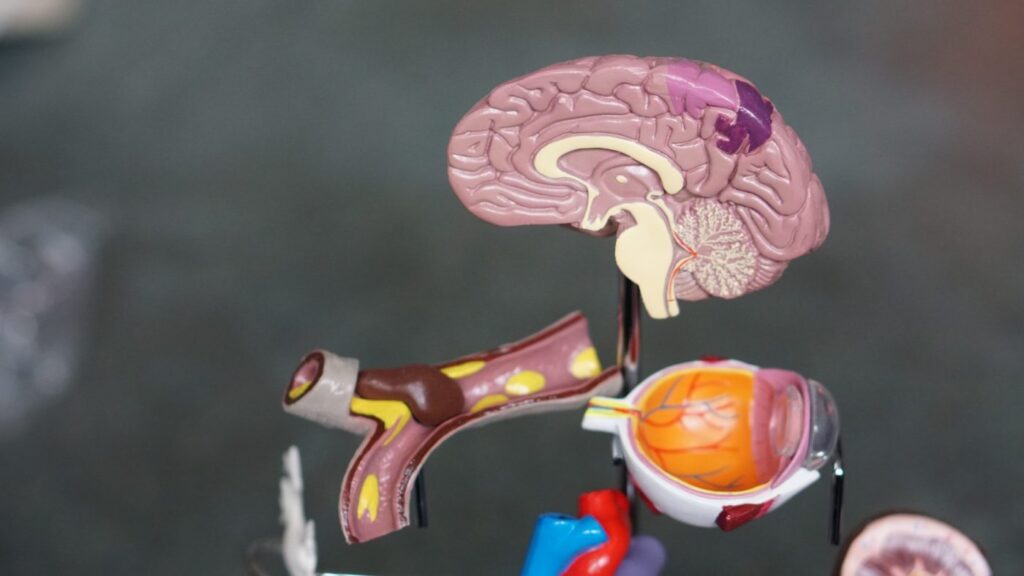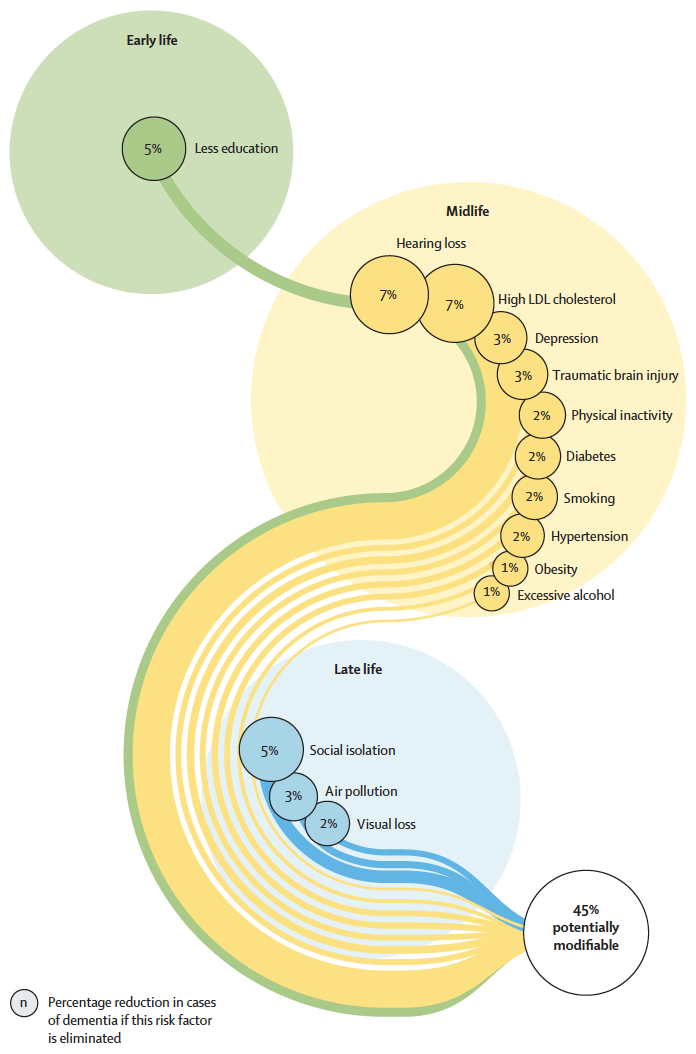
WHAT. Researchers recently reported that Alzheimer’s disease (AD) may be additionally characterized by an arrest of maturation of new neuronal cells in the hippocampus. Using tissue samples and advanced processing methods, scientists in Spain were able to distinguish marked differences in neurogenesis, or the development and maturation of new neuronal cells, between neurologically healthy subjects and those with AD. These findings were significantly different up to the 9thdecade of life with unaffected individuals showing continued evidence of neurogenesis, and those with AD showing progressive decline in the production and maturity of new neuronal cells.
WHY IT MATTERS. Demonstrating a decline in neurogenesis in AD may open a potential new avenue for therapeutic interventions for the disease. This study offers evidence for the role interventions that have been shown to boost neurogenesis may play in both slowing disease progression and potentially treating AD.
THE TAKEWAY. While this finding must be confirmed on a larger scale, it offers an intriguing potential explanation for the positive impact shown elsewhere between behaviors associated with both decreased dementia risk and improving daily well-being in persons living with dementia. individuals concerned about their dementia risk and those living with dementia may benefit from engaging robustly in the lifestyle interventions shown to support neurogenesis, including physical activity, intellectual engagement, and social interactions.



